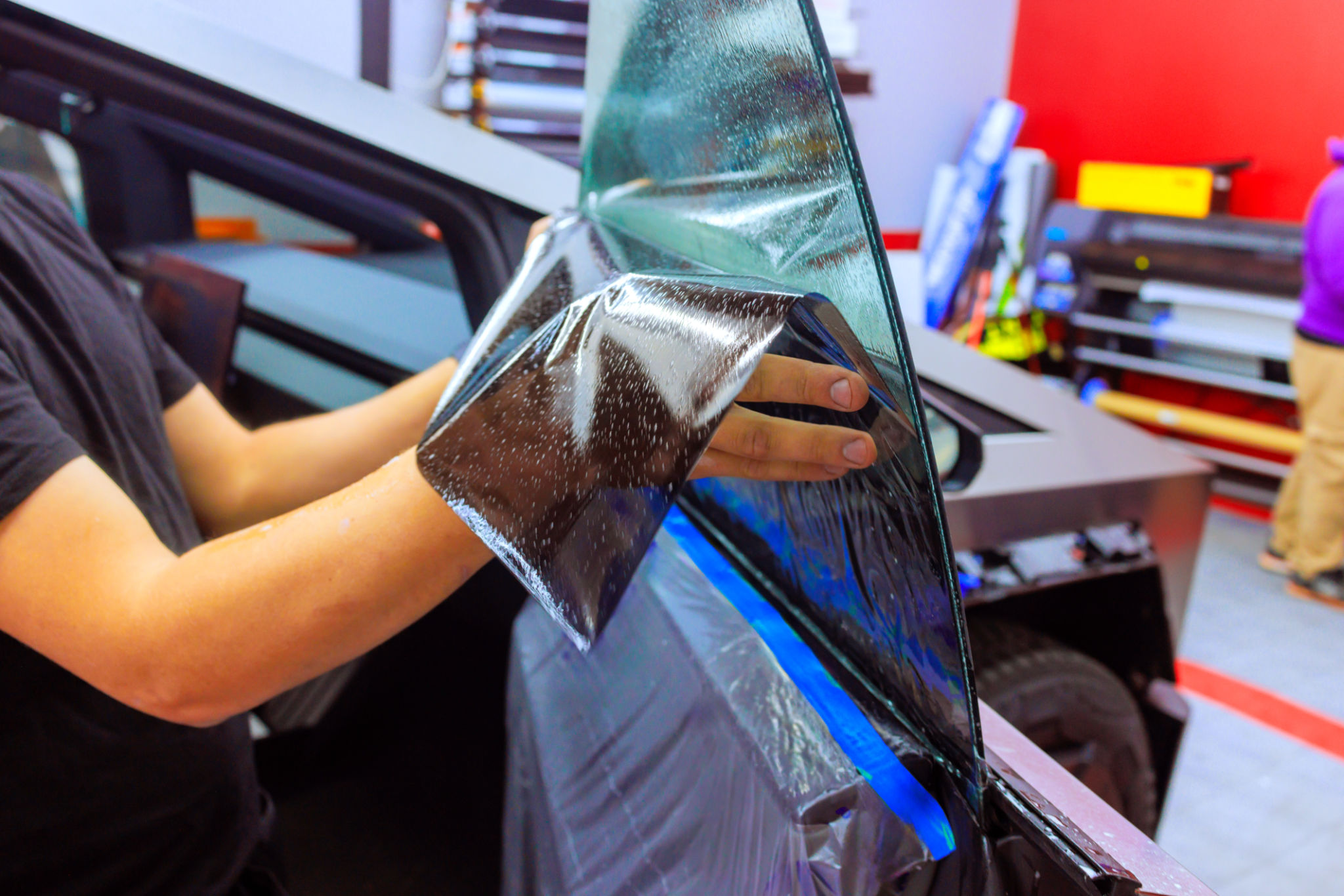The Ultimate Guide to Residential vs Commercial Glass Tinting
Understanding the Basics of Glass Tinting
Glass tinting is a versatile solution for both residential and commercial properties, offering benefits like energy efficiency, privacy, and aesthetic enhancement. By applying a thin film on windows, glass tinting can significantly reduce glare, block harmful UV rays, and improve the overall comfort of a space.

Benefits of Residential Glass Tinting
Residential glass tinting is an effective way to enhance the comfort and aesthetics of your home. It can help reduce energy costs by minimizing heat gain in the summer and heat loss in the winter. Additionally, it protects your furniture, flooring, and artwork from fading by blocking up to 99% of harmful UV rays.
Another key advantage is increased privacy. Tinted windows allow you to enjoy natural light without compromising privacy, which is particularly beneficial for homes in densely populated areas.
Advantages of Commercial Glass Tinting
For businesses, glass tinting offers a variety of benefits. It improves the energy efficiency of commercial buildings, leading to significant savings on utility bills. This is especially important for large offices with extensive glass surfaces.

Moreover, commercial tinting enhances security by making it more difficult for potential intruders to see inside. It also creates a more comfortable environment for employees by reducing glare on computer screens and maintaining a consistent temperature throughout the workspace.
Comparing Costs: Residential vs Commercial Tinting
The cost of glass tinting varies depending on several factors, including the type of film used, the size of the windows, and the complexity of the installation. Generally, commercial tinting tends to be more expensive due to the larger areas involved and higher-grade films often required.
However, both residential and commercial tinting can be seen as an investment that pays off over time through reduced energy bills and increased property value.
Choosing the Right Tint for Your Needs
When selecting a tint for your property, consider factors such as the level of privacy you desire, energy efficiency goals, and aesthetic preferences. There are various types of films available, including reflective, non-reflective, decorative, and security films.

The Installation Process
The process of installing glass tinting involves cleaning the windows thoroughly before applying the film. It is crucial to hire professionals to ensure a seamless application and avoid air bubbles or peeling. Experienced installers can also provide guidance on selecting the best film for your specific needs.
Maintenance and Longevity
Proper maintenance can extend the life of your window tinting. Clean tinted windows with a soft cloth and non-abrasive cleaner to avoid scratching the film. Most high-quality films come with warranties ranging from 5 to 15 years, depending on the manufacturer.
Conclusion: Making the Right Choice
Whether you're looking to enhance your home's comfort or improve your business's energy efficiency and security, glass tinting offers a range of benefits. By understanding the differences between residential and commercial tinting, you can make an informed decision that meets your specific needs and budget.

